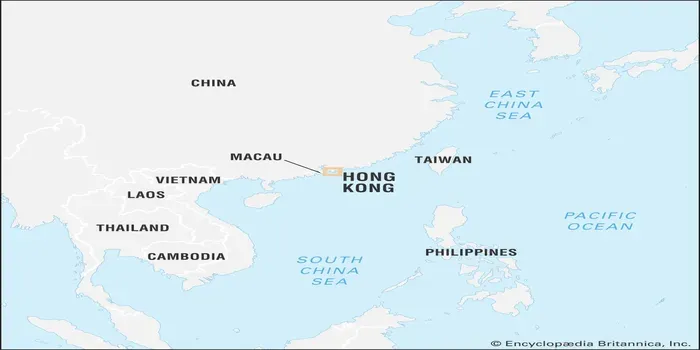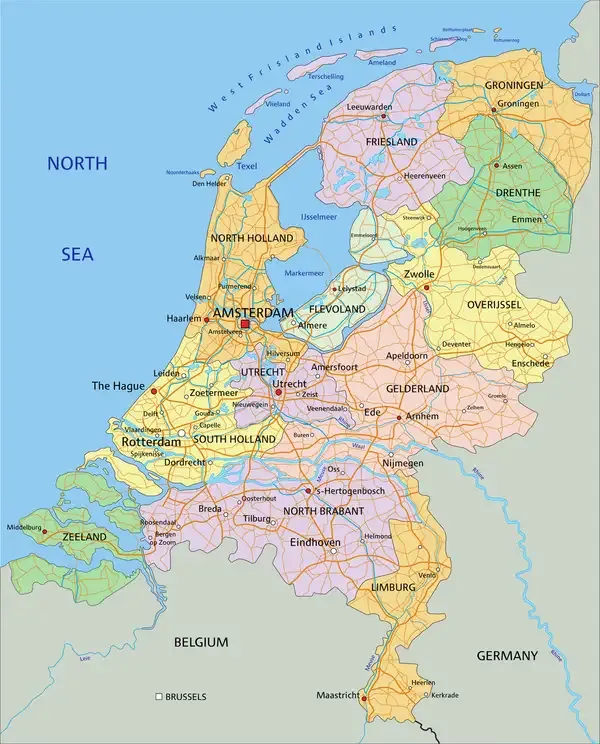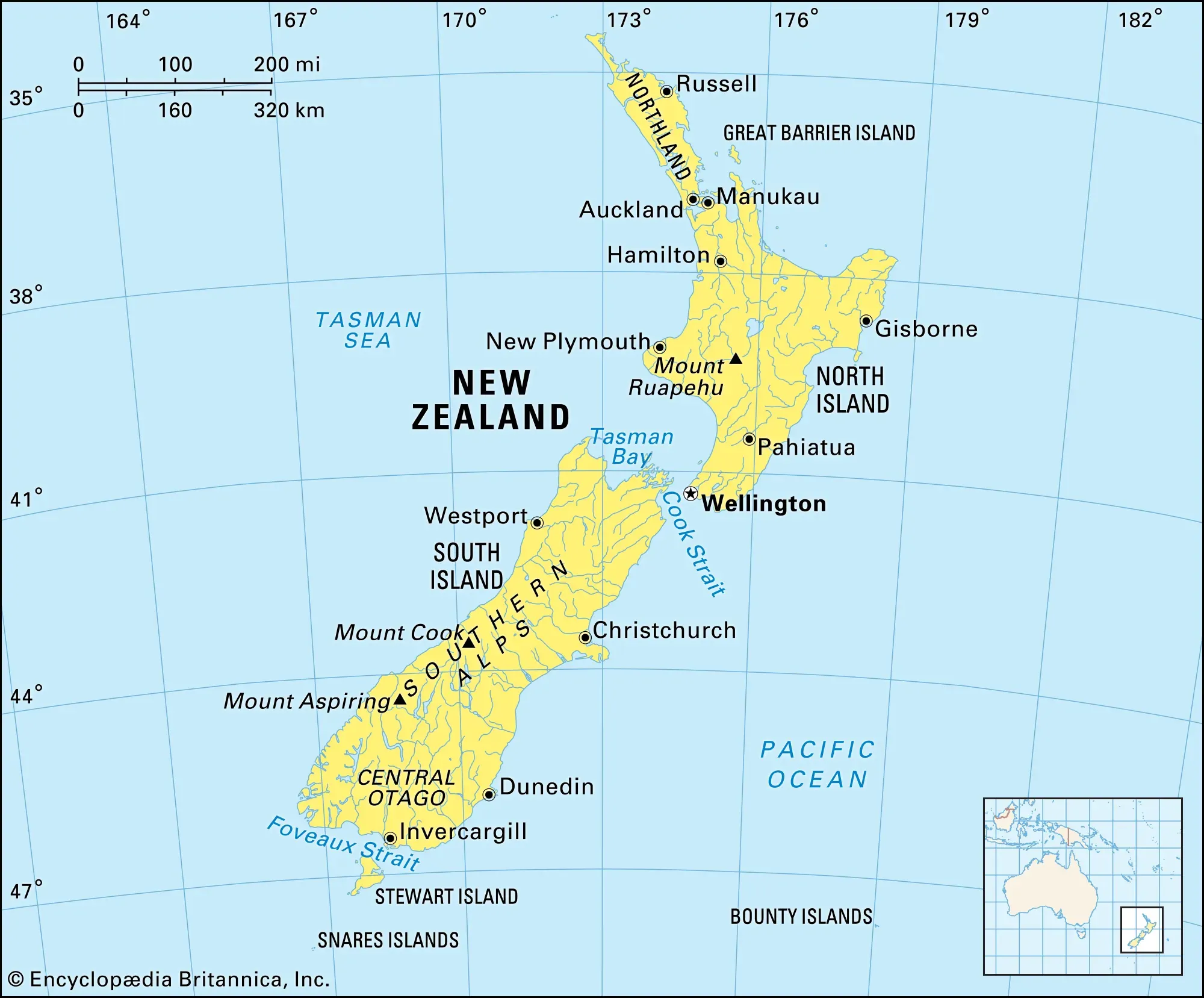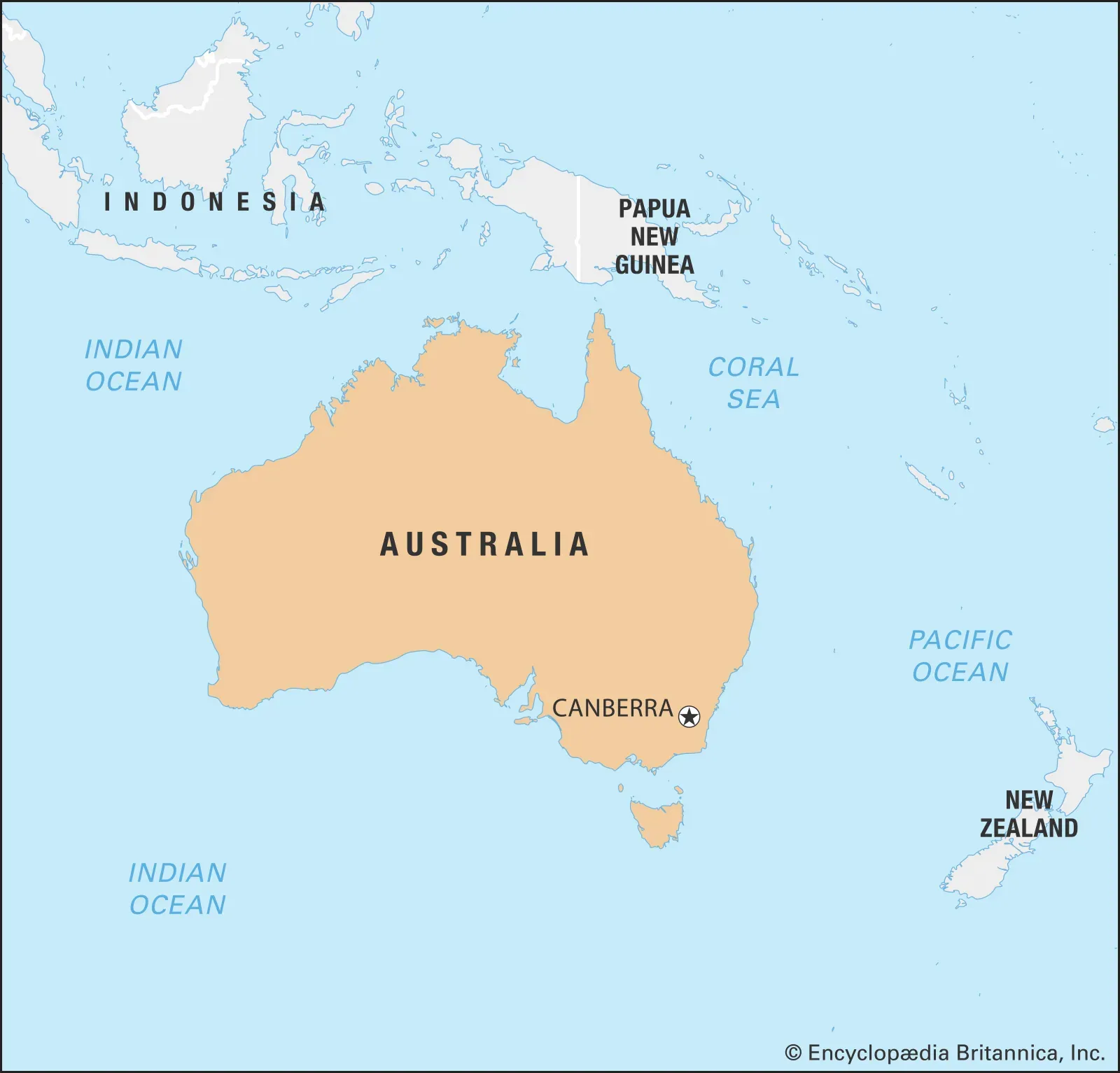Is Hong Kong a Country?
Hong Kong is not a country but a Special Administrative Region of China. It operates under the "one country, two systems" principle, granting it a high degree of autonomy with its own legal and economic systems. Historically a British colony until 1997, Hong Kong has its own currency, legal system, and immigration policies. However, its foreign affairs and defense are the responsibility of China, leading to ongoing debates about its political status and level of autonomy.

To understand whether ''Hong Kong'' is considered a country, we must explore its ''political status'', ''historical context'', and current governance. Hong Kong is a Special Administrative Region (SAR) of the ''People's Republic of China'' (PRC), which influences its classification in the international arena. Here, we break down essential aspects of this debate.
Historical Context
Hong Kong's history is pivotal to its current status. Originally a British colony established in the 19th century, it was handed back to China in 1997 under the principle of "one country, two systems." This framework was designed to ensure a high degree of autonomy, allowing Hong Kong to maintain its own legal and economic systems for 50 years post-handover.
Political Status
As a SAR, Hong Kong has its own ''legal system'', ''currency'', and immigration policies distinct from mainland China. However, it is not a sovereign state; thus, its international relations and defense are managed by the central government in Beijing. This dual structure creates a unique situation where Hong Kong operates with considerable autonomy but remains fundamentally tied to the PRC.
International Recognition
Internationally, Hong Kong is often treated as a distinct entity, participating in various organizations under the name "Hong Kong, China." For instance, it competes separately in the ''Olympics'' and has its own ''trade agreements''. However, it does not have full ''diplomatic recognition'' as an independent country.
Economic Independence
Despite its political ties to China, Hong Kong boasts a robust economy characterized by low taxes and a free-market system. The ''Hong Kong dollar'' (HKD) operates independently from the Chinese yuan (CNY), and the region is known as a global financial hub. This economic independence adds to the complexity of its classification as a country.
Demographics and Culture
The population of Hong Kong is incredibly diverse, comprising various ethnicities and cultures. The region has a unique blend of ''Eastern'' and ''Western'' influences, evident in its language, food, and lifestyle. This cultural richness contributes to its identity and how people perceive its country status.
Legal Framework
The ''Basic Law'' serves as Hong Kong's constitution, outlining the region’s governance structure and the rights of its citizens. While residents enjoy freedoms such as ''speech'' and ''assembly'', the recent imposition of the ''National Security Law'' by Beijing has raised concerns about the erosion of these rights. This legal framework further complicates the question of whether Hong Kong can be classified as a country.
Public Opinion
Public sentiment regarding Hong Kong's status varies widely. Some residents identify strongly with their ''local'' identity and advocate for greater autonomy or independence, while others see themselves as part of greater China. This divide reflects the ongoing debate about national identity and self-governance. Below is a chart summarizing public opinion on the matter:
| Opinion | Percentage |
|---|---|
| Identify as Hong Konger | 45% |
| Identify as Chinese | 30% |
| Mixed Identity | 25% |
Conclusion
In conclusion, the question of whether ''Hong Kong is a country'' is complex and multifaceted. While it enjoys a degree of autonomy and operates independently in many areas, it is ultimately a ''Special Administrative Region'' of China, lacking full sovereignty. The historical context, political status, economic factors, and cultural identity all play essential roles in shaping this debate. As global dynamics continue to evolve, so too may the perceptions and classifications surrounding Hong Kong's status. Understanding this issue requires a nuanced approach, considering both local perspectives and international implications.












